Introduction
DHC Continus 90mg is a medication used to treat moderate to severe pain. Its active ingredient, dihydrocodeine, is an opioid analgesic that works by altering how the brain and nervous system perceive pain. Designed for sustained release, this medication provides long-lasting relief, making it an effective choice for chronic pain conditions.
Common Side Effects
- Nausea
- Vomiting
- Constipation
- Central Nervous System:
- Drowsiness
- Dizziness
- Light-headedness
How Does DHC Continus Work?
The 90mg dose of DHC Continus is formulated to release the active ingredient gradually over time. This ensures consistent pain management throughout the day, reducing the need for frequent doses. By binding to opioid receptors in the brain, it minimizes pain signals, helping users feel more comfortable.
Who Can Benefit from DHC Continus?
DHC Continus 90mg is commonly prescribed for individuals with chronic conditions such as arthritis, back pain, or post-surgical pain. It’s particularly useful for those requiring continuous pain relief to maintain their daily activities and quality of life.
Is Dihydrocodeine safe for liver?
Dihydrocodeine itself is generally considered safe for the liver when used as prescribed and in appropriate doses. However, it is important to consider the following:
- Liver Health: DHC Continus 90mg is metabolized by the liver, so if you have pre-existing liver conditions (e.g., liver disease or cirrhosis), it can affect how the drug is processed. In such cases, your doctor may need to adjust your dose or monitor your liver function closely.
- Combination with Other Medications: If dihydrocodeine is combined with medications that also affect the liver, particularly paracetamol (acetaminophen), caution is needed. Paracetamol is metabolized in the liver and can cause liver damage when taken in excessive amounts.
- Dosage and Duration: Long-term or excessive use of dihydrocodeine, especially in high doses, can potentially stress the liver, so it’s important to follow your healthcare provider’s instructions carefully.
What are the risks of DHC?
Dihydrocodeine (DHC), like other opioid medications, comes with potential risks, particularly if not used as prescribed. Some of the key risks include:
- Dependence and Addiction: DHC Continus 90mg is an opioid, and prolonged or excessive use can lead to physical dependence and addiction. This is a significant risk, especially if the medication is taken for extended periods or in higher-than-prescribed doses.
- Respiratory Depression: Opioids like DHC Continus 90mg can depress the respiratory system, leading to slower or shallow breathing. In severe cases, this can be life-threatening, especially when combined with alcohol or other central nervous system depressants.
- Side Effects: Common side effects of DHC include:
- Drowsiness or sedation
- Dizziness
- Nausea and vomiting
- Constipation
- Confusion
- Overdose: Taking too much dihydrocodeine can lead to an overdose, with symptoms including extreme drowsiness, slow or difficult breathing, unconsciousness, and in severe cases, death.
- Tolerance: Over time, you may develop a tolerance to dihydrocodeine, meaning you would need higher doses to achieve the same effect. This can increase the risk of overdose and dependence.
- Interaction with Other Medications: Dihydrocodeine can interact with other drugs, including alcohol, benzodiazepines, and other sedatives, which can increase the risk of dangerous side effects, such as respiratory depression.
- Liver Damage: If combined with other medications that affect the liver, particularly paracetamol, there may be an increased risk of liver damage, especially in those with pre-existing liver conditions.

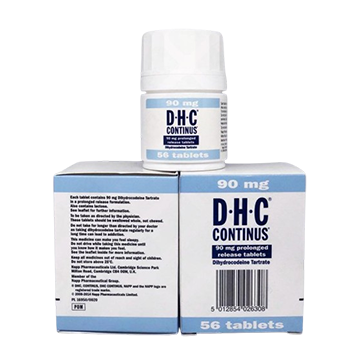


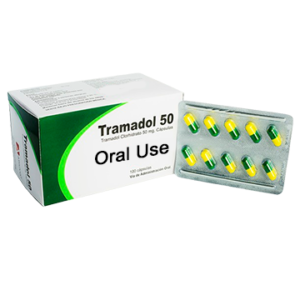

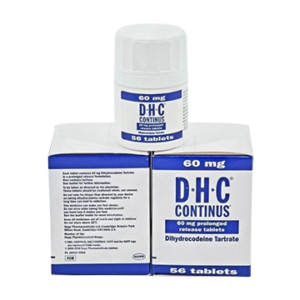

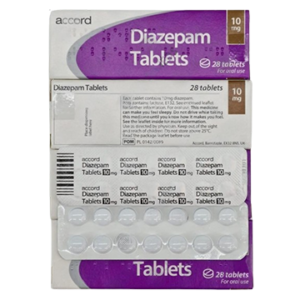

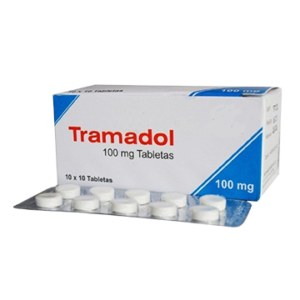
Reviews
There are no reviews yet.